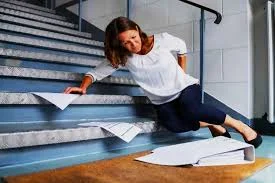
Slip and fall accidents are more common than people think, and they can happen anywhere — from the grocery store to the office, or even a neighbors front steps. While some falls lead to minor bruises, others result in serious injuries that can dramatically impact a persons life. In many cases, these incidents are caused by someone elses negligence. This article breaks down everything you need to know about slip and fall injuries, your legal rights, and what compensation you might be entitled to.
What is a Slip and Fall Accident?A slip and fall accident occurs when a person loses their footing due to a hazardous condition and is injured as a result. These accidents fall under the umbrella of personal injury law known as "premises liability." Property owners and managers have a legal duty to keep their premises reasonably safe for visitors. When they fail to do so, they may be held liable for resulting injuries.
Examples of common causes include: - Wet or slippery floors without warning signs - Poor lighting in stairwells or hallways - Broken handrails - Uneven sidewalks or flooring. - Icy walkways
Common Injuries from Slip and Fall AccidentsInjuries from slip and fall accidents range from mild to severe. Some of the most commonly reported injuries include:
- Sprains and strains - Fractures, especially in the wrist, hip, or ankle - Head injuries and concussions - Back and spinal cord injuries - Cuts and bruises
Elderly individuals are particularly vulnerable to severe injuries such as hip fractures, which often require surgery and prolonged rehabilitation.
To win a slip and fall case, the injured party (plaintiff) must prove the following elements:
1. Duty of Care: The property owner had a duty to maintain a reasonably safe environment. 2. Breach of Duty: That duty was breached through action or inaction (e.g., failing to clean up a spill). 3. Causation: The unsafe condition directly caused the accident. 4. Damages: The plaintiff suffered actual damages (medical bills, lost wages, pain and suffering).
Photos, video footage, witness statements, and accident reports can serve as important evidence in establishing these points.
Some states follow a legal concept known as comparative negligence, where the injured persons own actions are taken into account. For instance, if someone was texting and walking and didnt see a wet floor sign, they may share partial fault. Depending on the jurisdiction, compensation can be reduced based on the percentage of blame assigned to the plaintiff.
In contrast, a few states follow the stricter contributory negligence rule. Under this system, if the plaintiff is found even slightly responsible for the accident, they may be barred from recovering any compensation.
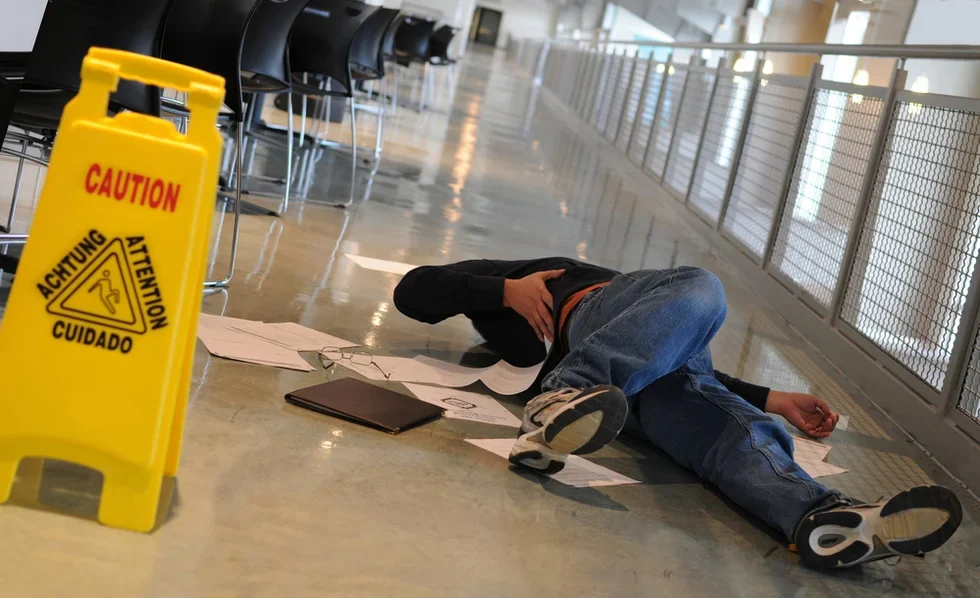 What to Do After a Slip and Fall Accident
What to Do After a Slip and Fall AccidentIf you have experienced a slip and fall, taking immediate action can help protect your rights. Heres what you should do:
1. Seek medical attention: Even if you feel fine, get checked by a doctor. Some injuries manifest later. 2. Report the incident: Inform the property owner or manager and file an incident report. 3. Document everything: Take photos of the hazard, your injuries, and the surroundings. 4. Get witness information: Names and contact details of people who saw the fall can be invaluable. 5. Preserve evidence: Keep the clothes and shoes you were wearing. They may help show conditions at the time. 6. Avoid making statements: Do not admit fault or discuss the accident with insurance adjusters before consulting a lawyer.
Compensation You May Be Entitled ToIn a successful slip and fall claim, compensation (or “damages”) typically includes:
- Medical expenses: Emergency room visits, surgery, physical therapy, and medication. - Lost wages: Time missed from work, including future loss of earning capacity if injuries are long-term. - Pain and suffering: Emotional and physical distress resulting from the injury. - Punitive damages: In rare cases involving gross negligence or malicious intent, additional damages may be awarded to punish the wrongdoer.
When to Hire a Personal Injury AttorneyWhile some minor cases can be settled without legal representation, hiring a personal injury attorney is often in your best interest, especially when:
- The injuries are severe or long-lasting - Liability is disputed - The insurance company denies your claim or offers a low settlement
A skilled lawyer can guide you through the legal process, negotiate with insurers, gather necessary evidence, and file a lawsuit if needed.
Statute of LimitationsThe law sets a deadline for filing personal injury claims, known as the statute of limitations. This varies by state, but is commonly between one and three years from the date of the accident. Missing this deadline usually means losing the right to sue.
For example:
- In California, you generally have 2 years from the date of injury - In New York, its usually 3 years
Its essential to consult an attorney promptly to ensure you dont miss critical legal deadlines.
Defenses Property Owners May UseDefendants in slip and fall cases often try to avoid liability using common defenses, such as:
- The hazard was open and obvious - The plaintiff was trespassing - The plaintiff was distracted - There wasnt enough time to discover and fix the hazard
Being aware of these arguments can help you and your attorney prepare a stronger case.
Insurance and SettlementsMost slip and fall claims are handled by insurance companies through property or liability coverage. Insurance adjusters may contact you with a quick settlement offer — but beware. Accepting too soon may leave you undercompensated for long-term costs.
Always review settlement offers with a lawyer who understands the long-term implications of your injuries.
Preventing Slip and Fall AccidentsPrevention is key, both for individuals and property owners.
For individuals:
- Wear appropriate footwear - Watch for signs and hazards - Use handrails when available
For property owners:
- Regularly inspect and maintain premises - Fix hazards promptly - Post warning signs
ConclusionSlip and fall accidents may seem minor, but they can lead to major consequences, including lost income, chronic pain, and even permanent disability. If the fall was due to someone else negligence, you have the legal right to pursue compensation. Knowing your rights, collecting the right evidence, and working with a skilled personal injury lawyer can make all the difference in getting the justice and support you deserve.
Subscribe to our newsletter and never miss an update.
Get the latest posts delivered straight to your inbox.

Senior Contributor
Ravi Raj is passionate about impactful storytelling. With a unique voice and deep insights, they turn everyday stories into compelling reads that resonate and inform.
Read Full Bio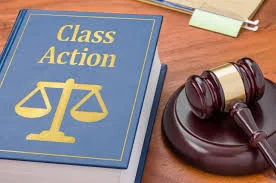
By Ravi Raj
20 Dec 2025

By Ravi Raj
26 Dec 2025
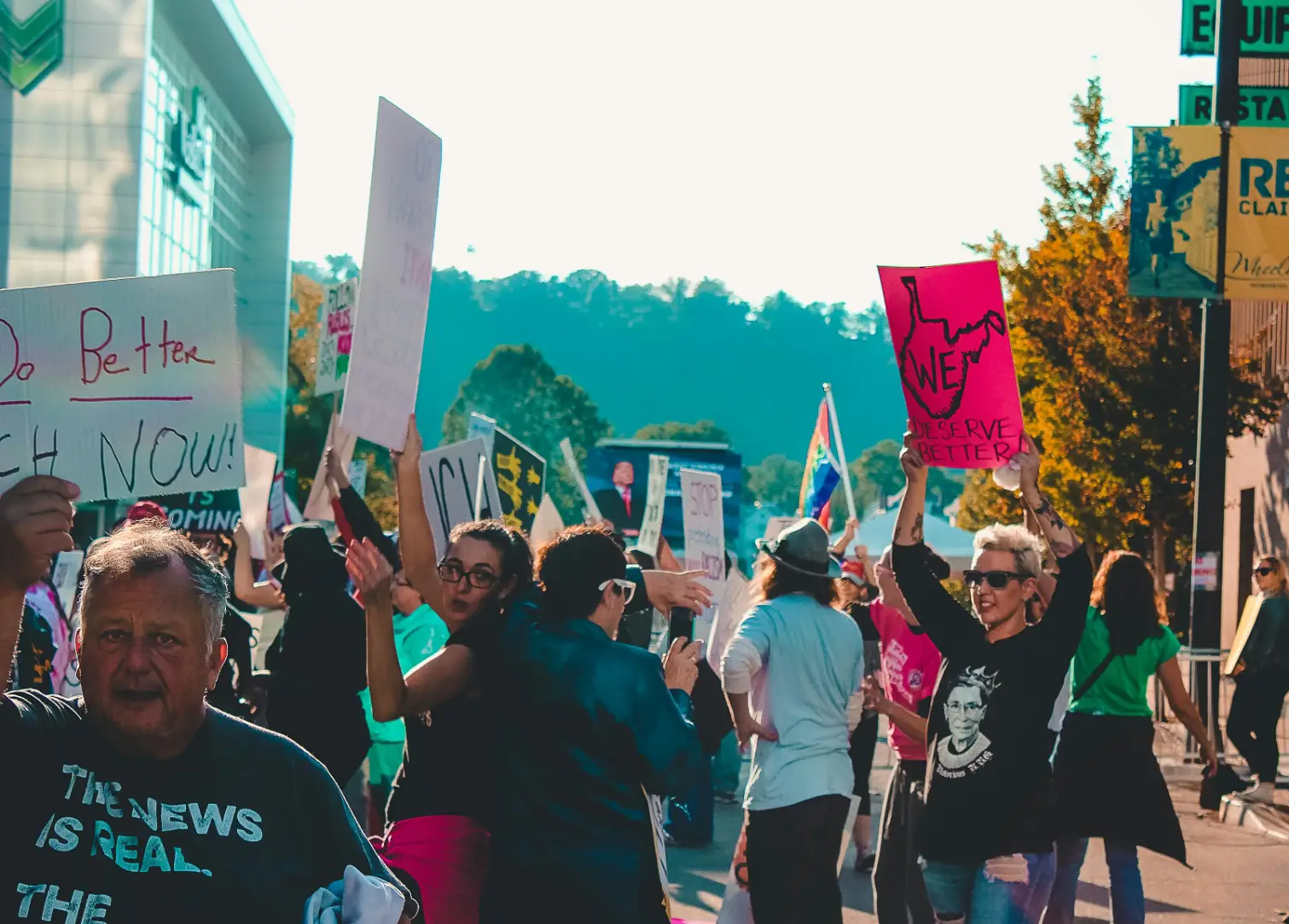
By Ravi Raj
02 Jan 2026
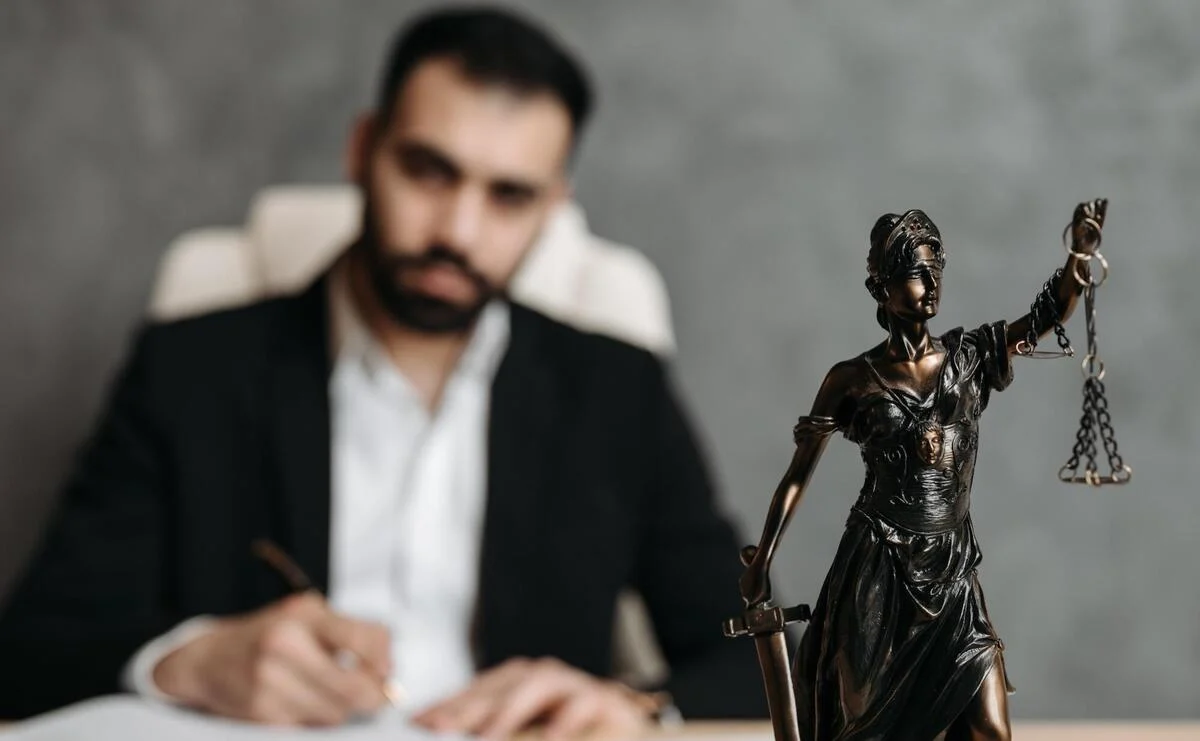
By Ravi Raj
27 Dec 2025
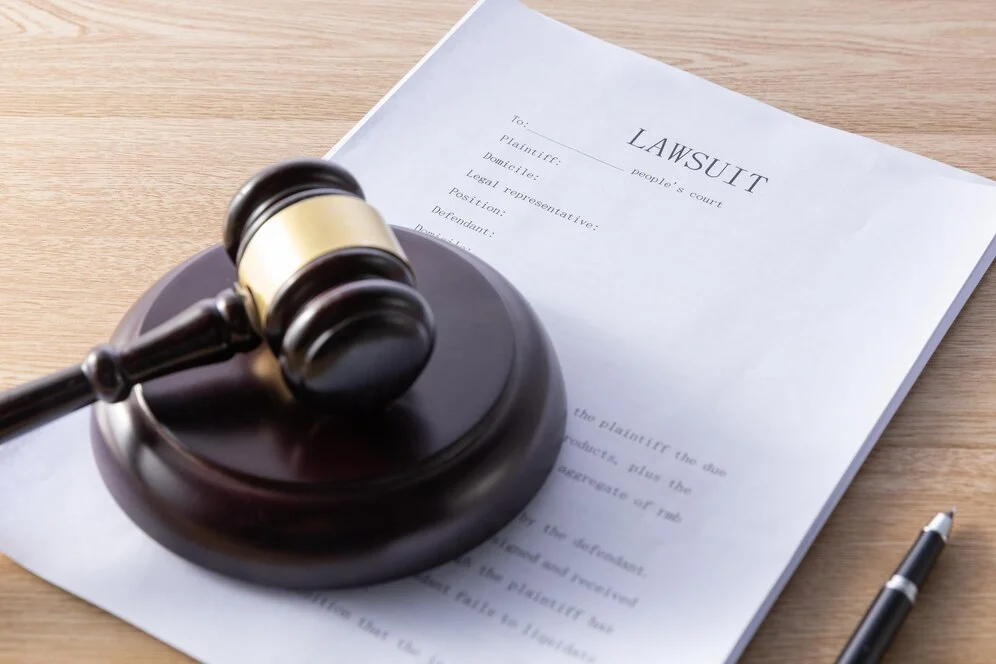
By Ravi Raj
22 Dec 2025
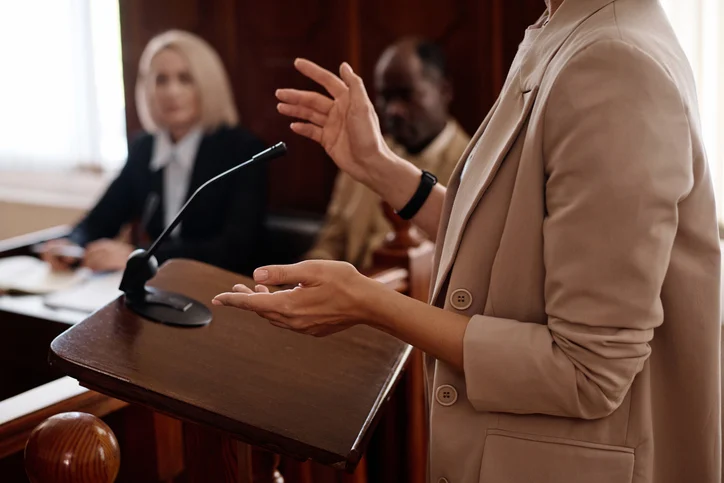
By Kusum Singh
27 Dec 2025
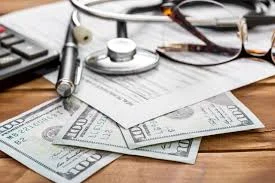
By Kusum Singh
23 Dec 2025
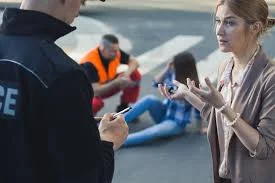
By Ravi Raj
30 Dec 2025
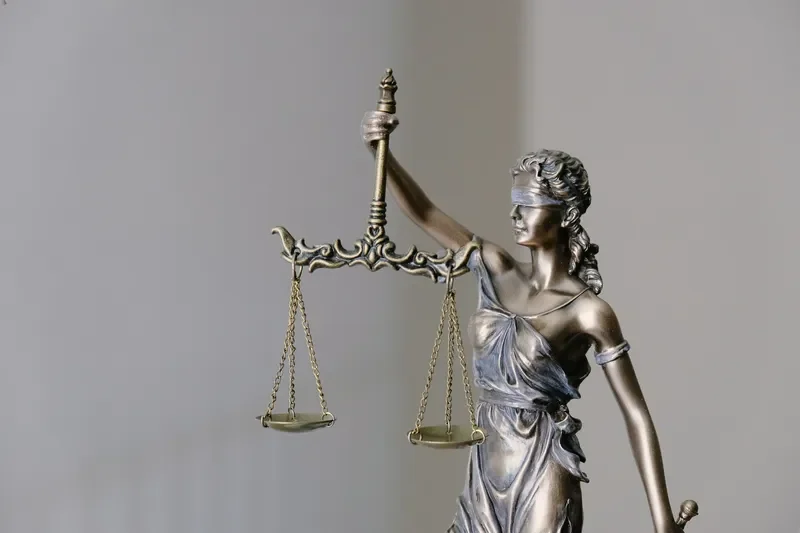
By Ravi Raj
22 Dec 2025
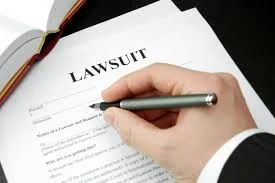
By Ravi Raj
02 Jan 2026

By Ravi Raj
02 Jan 2026
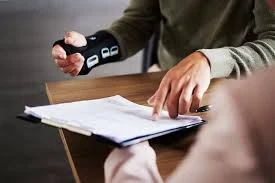
By Ravi Raj
28 Dec 2025